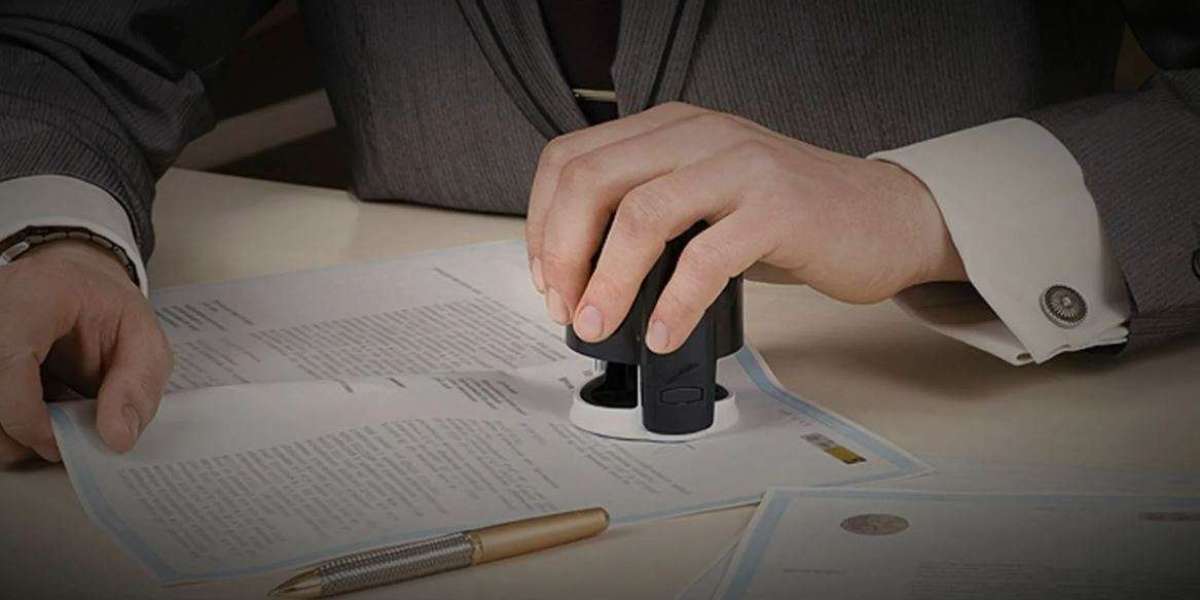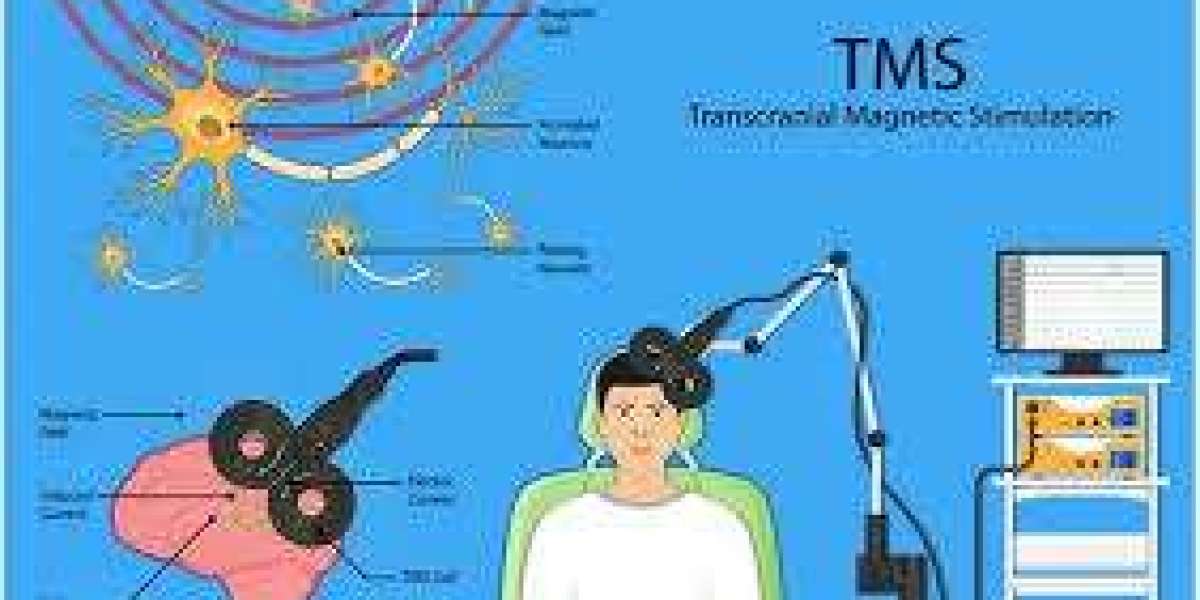In today’s globalized world, people often find themselves needing to present their documents for official use in foreign countries. Whether you are moving abroad for higher education, employment, or immigration purposes, certificate attestation is a crucial process to ensure that your documents are legally recognized. This blog will walk you through everything you need to know about certificate attestation, its importance, the process involved, and how to ensure that your documents are attested without any hassle.
What is Certificate Attestation?
Certificate attestation is the official process of verifying the authenticity of a document. This process is typically carried out by designated authorities or government agencies to ensure that the documents presented are genuine and valid. The attestation ensures that the certificate or document, such as a birth certificate, educational certificate, marriage certificate, or professional qualifications, meets the legal standards required in the country where it is to be used.
The importance of certificate attestation cannot be overstated, as many countries demand attested documents for visa applications, employment, and higher education purposes. Without attestation, your documents might not be recognized, causing unnecessary delays or even rejection of your application.
Why Do You Need Certificate Attestation?
One of the most important reasons for certificate attestation is to verify the legitimacy of your documents. International authorities or employers require proof that the documents you present are legitimate, which is where attestation plays a pivotal role. For example, when applying for a job abroad, your employer may request the attestation of your academic certificates to ensure that they are not forged. Similarly, government institutions often require attested certificates for visa or immigration purposes to confirm the authenticity of your documents.
Moreover, certificate attestation is also crucial for personal purposes, such as transferring educational credentials or applying for family reunification. In essence, attestation is a necessary step to ensure that your documents are recognized worldwide.
The Different Types of Certificate Attestation
The certificate attestation process varies depending on the type of document being verified. Let’s take a closer look at the most common types of certificates that require attestation:
Educational Certificate Attestation
Educational certificate attestation is one of the most common types of attestation required for those planning to study abroad. Whether you are applying for a student visa or seeking to prove your academic qualifications to foreign institutions, attested educational certificates are essential. This process verifies that your diplomas, degrees, and transcripts are authentic and recognized by international authorities.
Birth and Marriage Certificate Attestation
For personal reasons such as immigration, marriage registration, or establishing family relationships, birth and marriage certificate attestation is often required. These documents serve as proof of identity, nationality, and familial ties. To ensure their validity in foreign countries, birth and marriage certificates must be attested by the relevant authorities.
Commercial and Corporate Certificate Attestation
In the world of business and commerce, certificate attestation is vital for verifying commercial documents. This includes company registration certificates, financial records, trade licenses, and more. Attesting these documents ensures that they are recognized by foreign authorities and can be used for business purposes such as setting up a branch abroad or conducting international trade.
The Certificate Attestation Process: Step by Step
The certificate attestation process can vary depending on the type of document and the country in which it is being attested. However, the general steps are typically the same. Here’s an outline of the usual process for certificate attestation:
Step 1: Notarization
The first step in the attestation process is often notarization. Notarization involves having your document certified by a notary public to confirm its authenticity. Notaries are legally authorized to verify signatures and documents, and notarization is an essential step before proceeding with the attestation process.
Step 2: Attestation by the Home Country
After notarization, the document needs to be attested by the relevant authorities in your home country. This could include the Ministry of External Affairs (MEA) or local state authorities, depending on the type of document. This step confirms that the document is legitimate and follows the regulations of your home country.
Step 3: Attestation by the Embassy or Consulate
For documents that need to be used abroad, attestation by the respective embassy or consulate of the destination country is necessary. This step ensures that the document is legally valid and recognized by the foreign government. The embassy or consulate will verify the document before providing the final stamp of attestation.
Step 4: Apostille (for Hague Convention Countries)
In cases where the destination country is a member of the Hague Convention, an apostille may be required instead of embassy attestation. An apostille is a special certification that simplifies the process of document verification for international use. Countries that are members of the Hague Convention accept apostilled documents without the need for further legalization.
How to Ensure a Smooth Certificate Attestation Process?
While the certificate attestation process may seem straightforward, it can be time-consuming and complex. To ensure that your documents are attested without any delays, it’s essential to follow a few best practices:
- Choose the Right Service Provider: It’s essential to work with a reliable and experienced service provider who understands the attestation process. A professional agency can help you navigate the various steps involved and ensure that your documents are attested correctly.
- Check Document Requirements: Each country may have different requirements for document attestation. Be sure to research the specific requirements for your destination country to avoid any confusion or unnecessary delays.
- Prepare Your Documents in Advance: To streamline the process, gather all the necessary documents and certifications before you start the attestation procedure. This will help you avoid last-minute issues and ensure that the process goes smoothly.
Conclusion
In conclusion, certificate attestation is a vital process for anyone looking to use their documents internationally. Whether for education, employment, immigration, or personal reasons, the authenticity of your documents must be verified through proper attestation. By understanding the process and working with reliable service providers, you can ensure that your documents are accepted without any issues.
If you’re looking for hassle-free and professional certificate attestation services, Online Attestation is here to assist you. With years of experience and a streamlined process, we can help ensure that your documents are attested in no time.


